The short answer from a preventive cardiologist

A: Yes, this type of heart attack is called a myocardial infarction in the absence of obstructive coronary artery disease, or MINOCA. It accounts for 5 to 6% of heart attacks.
Advertisement
Cleveland Clinic is a non-profit academic medical center. Advertising on our site helps support our mission. We do not endorse non-Cleveland Clinic products or services. Policy
Compared with other types of heart attacks, patients are usually younger and more likely to be female.
Causes of MINOCA include:
MINOCA is diagnosed based on abnormalities in blood enzymes that show damage to the heart’s muscle. A catheterization will show no evidence of obstruction (blockage) and confirm that no artery is blocked 50% or more. Other imaging tests will identify a limited (localized) area of heart muscle injury.
Cardiac MRI or direct imaging of the interior of your coronary artery may be helpful if the diagnosis is unclear.
You should be evaluated for an increased tendency to form blood clots. It’s important to rule out other causes that may masquerade as a heart attack.
Because MINOCA has a variety of causes, uncovering the correct one is necessary for your doctor to choose the appropriate treatment. These may include calcium channel blockers for spasm or intensive use of blood thinners (anticoagulants) to try to prevent blood clot formation.
Advertisement
The likely course of your disease depends on its underlying cause and treatment strategy.
Ongoing studies are still needed to better understanding the likelihood of recovery from MINOCA. But research suggests that those with MINOCA who receive standard heart attack therapy (aspirin, beta-blockers, ACE inhibitors and statins) have a better long-term outcome than those who don’t.
— Cardiologist Leslie Cho, MD
Advertisement
Learn more about our editorial process.
Advertisement

Absolutely! In fact, in many ways, exercise is key to recovery
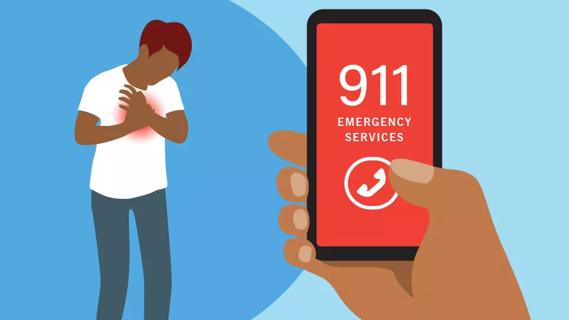
There’s no way to stop it once a heart attack is happening, but the most important thing you can do is to call for help

You can counter the risk of prediabetes-related heart attack or stroke by eating more fruits, vegetables and whole grains, as well as exercising regularly
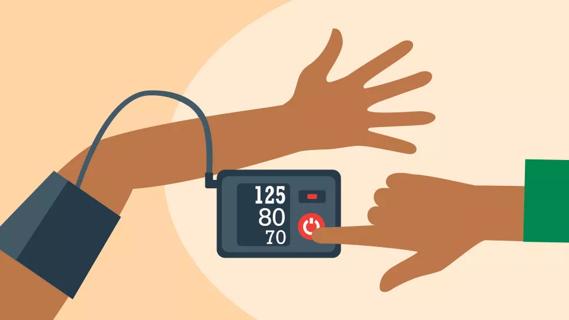
An ideal blood pressure is less than 120 mm Hg systolic and less than 80 mm Hg diastolic

To help determine what you’re experiencing, focus on how the pain feels, the location of the pain, when it started and how long it lasts
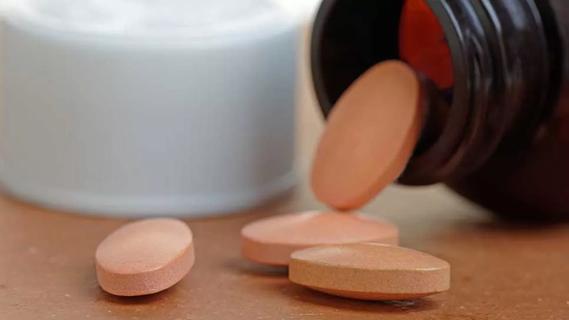
Stopping this critical medication on your own increases the risk of heart attack, stroke and more
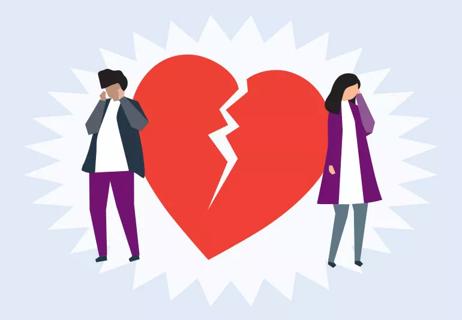
The emotional toll of loss and other strong emotions can have life-threatening physical effects
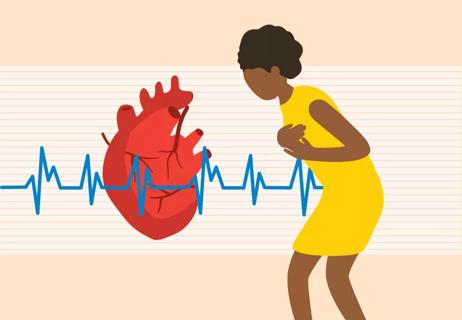
Symptoms may be mild, but don’t be fooled — any heart attack is serious

Type 2 diabetes isn’t inevitable with these dietary changes

Applying a hot or cold compress can help with pain